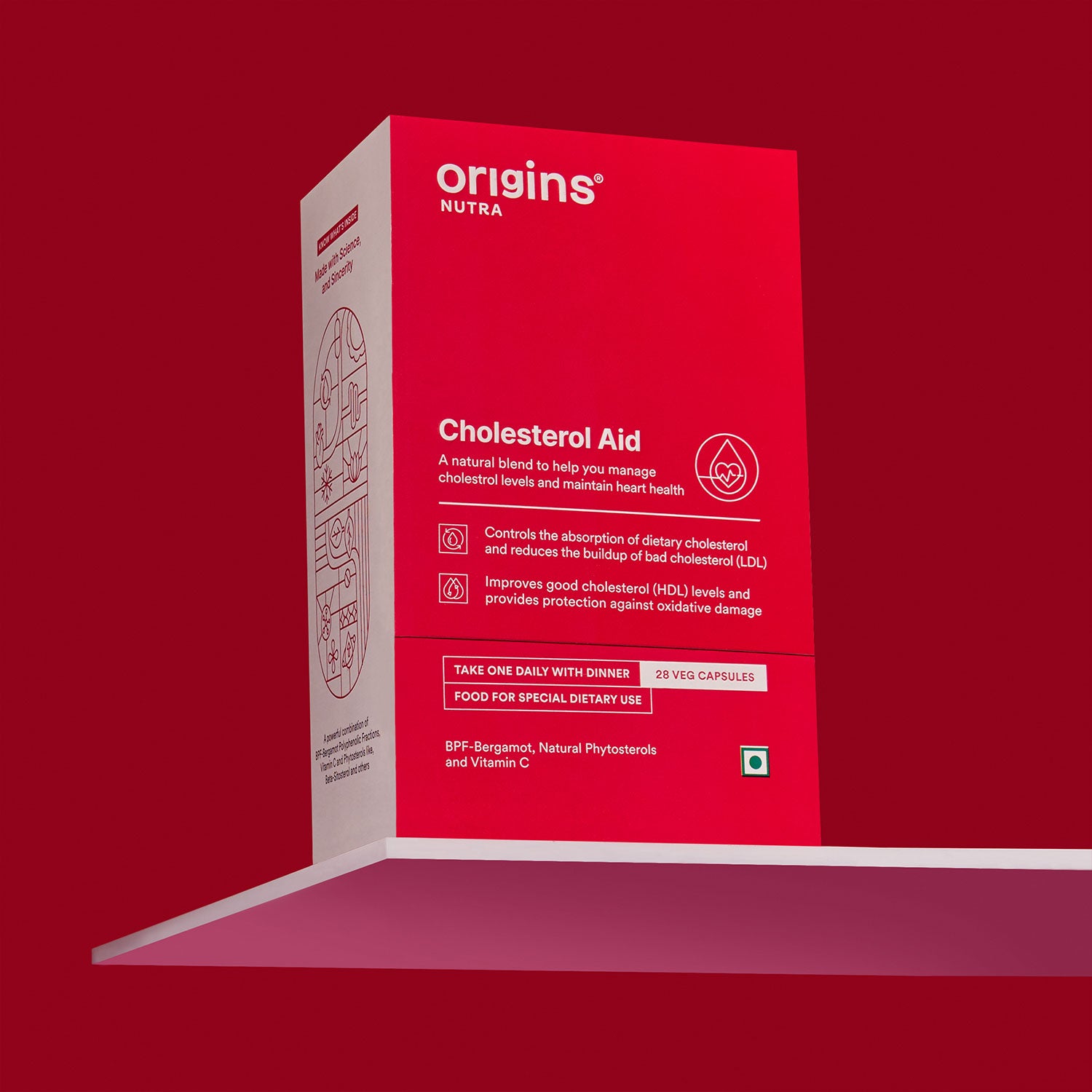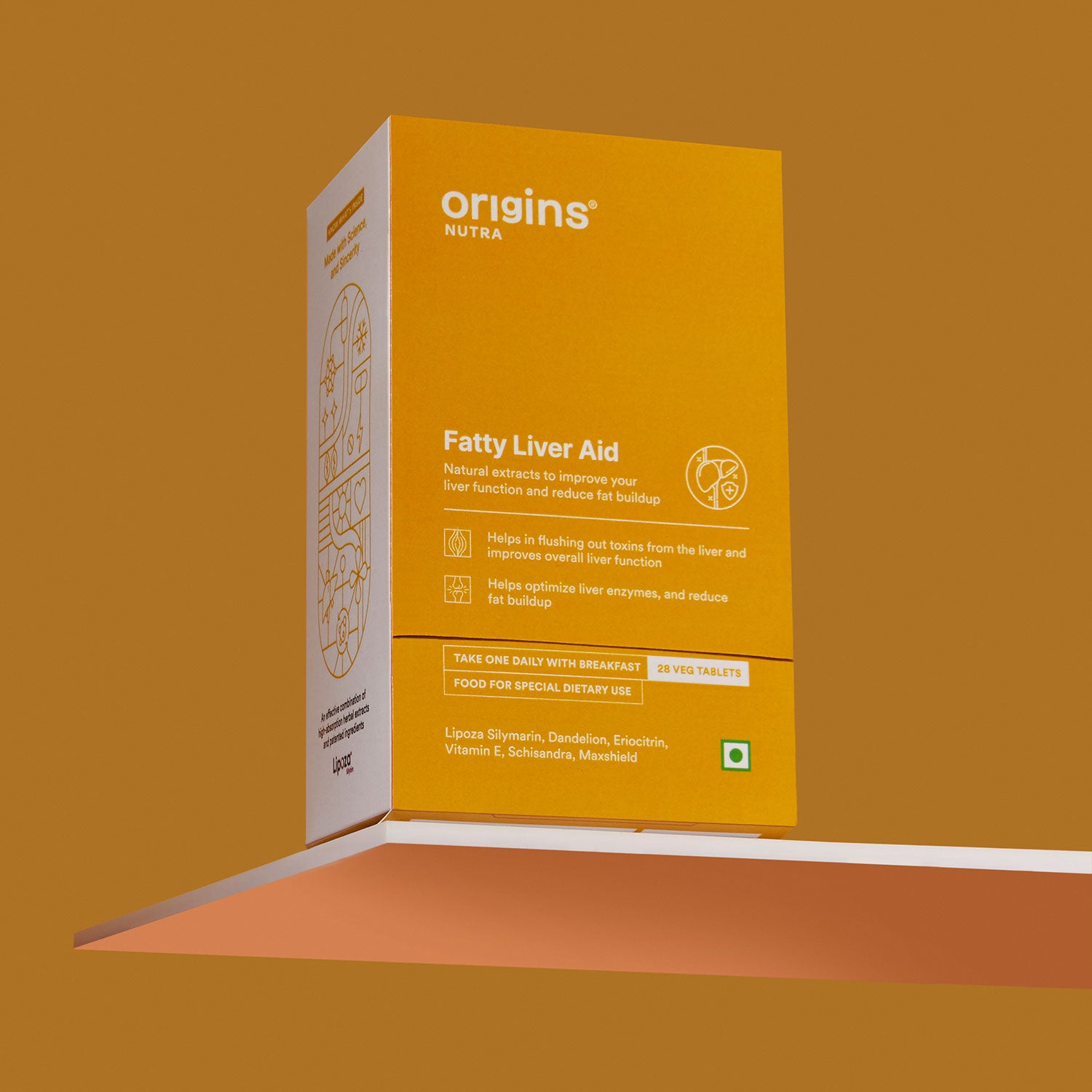Conjunctivitis Decoded: Types, Symptoms, and Effective Management
Introduction | What is Conjunctivitis | Types Of Conjunctivitis | How Does It Spread? | How Long Does It Last? | Common Symptoms Of Conjunctivitis | Who's at Risk? | What Causes Conjunctivitis? | Prevention Measures | Managing Conjunctivitis | Misconceptions and Myths | Home Remedies | Do's and Don'ts | When to See a Doctor | Common FAQs | Conclusion |
Introduction

What is Conjunctivitis?
Conjunctivitis, commonly called pink eye or sore eyes, is an inflammation of the conjunctiva, the thin membrane that covers your eyeball and lines your eyelids. It can turn pink or reddish due to swelling of its small blood vessels caused by allergies, irritants, infections, or other factors.
Types Of Conjunctivitis
1) Viral Conjunctivitis
- Think of it as a cousin to the common cold.
- Caused by viruses, including adenoviruses.
- Highly contagious – spreads easily.
2) Bacterial Conjunctivitis
- Another social butterfly, often affecting family or classmates.
- Spreads through contact, especially with infected eye secretions.
- Common bacteria culprits: Streptococcus pneumoniae, Staphylococcus aureus, Haemophilus influenzae, Moraxella catarrhalis.
- Less commonly caused by Chlamydia trachomatis and Neisseria gonorrhoeae.
3) Allergic Conjunctivitis
- Allergies trigger this irritation.
- Allergens: pollen, dust, mold.
- Two types:
- Seasonal Allergic Conjunctivitis: Linked to spring and summer allergies, caused by pollen and grass.
- Perennial Allergic Conjunctivitis: Year-round annoyance from indoor allergens like dust mites, pet dander, and mold spores.
- Not contagious – won't spread from person to person.
4) Chemical/irritant Conjunctivitis
Sometimes, if something irritating like shampoo, smoke, or chlorine gets in your eyes, it can cause conjunctivitis.
5) Giant Papillary Conjunctivitis
If you wear contact lenses, they can sometimes throw a party for tiny bumps under your eyelids. It's not a fun party – they irritate your eyes, making them red and uncomfortable.
6) Neonatal Conjunctivitis
New born babies can also get conjunctivitis, often from their mom during childbirth. But don't worry, doctors can help treat it. It's like a small hiccup in their first days.
How Does It Spread?
- Conjunctivitis can result from allergies, irritants, or infections.
- Viral and bacterial conjunctivitis are contagious and spread through direct or indirect contact with infected eye secretions.
How Long Does It Last?
The duration of conjunctivitis can vary based on the underlying cause:
- Viral Conjunctivitis: Lasts around 1-3 weeks.
- Bacterial Conjunctivitis: Usually lasts a few days to a week.
- Allergic Conjunctivitis: Persists as long as you're exposed to the allergen.
Common Symptoms Of Conjunctivitis
Symptoms of conjunctivitis can vary depending on the cause:- Redness and irritation of the eyes.
- Swollen and tender eyelids.
- Viral Conjunctivitis: Watery or clear discharge.
- Bacterial Conjunctivitis: Thick, yellow or green discharge, often causing crusting.
- Allergic Conjunctivitis: Clear, watery discharge.
- Itching and irritation.
- Excessive tearing or watering of the eyes.
- Sensitivity to light (photophobia).
- Feeling like there's something in the eye (foreign body sensation).
- Blurry vision in some cases.
Who's at Risk?
While anyone can contract conjunctivitis, children are more susceptible due to close contact at school. Infections, allergies, and irritants can all trigger conjunctivitis.What Causes Conjunctivitis?
Conjunctivitis can happen for various reasons, and here's a simple breakdown:
- Allergies: Just like sneezing fits, pollen, dust, and even pollution can set off conjunctivitis. Even certain eye drops or contact lenses can trigger it.
- Infections: Viruses or bacteria can party in your environment, especially when the weather gets rainy (hello, monsoon!). These infections are like "pass the germs" games and can spread by touching or through secretions from infected eyes.
- Contagious Contact: If someone with conjunctivitis rubs their eyes and then you touch the same thing, like a doorknob, and then touch your eyes, guess what? You're now part of the eye infection club.
- Chemical Ickiness: Some things aren't meant for eyes, like irritating chemicals. They can lead to conjunctivitis too.
- STDs: Yes, even sexually transmitted infections can cause conjunctivitis. Herpes, chlamydia, gonorrhoea – they're not just for textbooks; they can irritate your eyes too.
So, conjunctivitis has many possible causes, and it's like a tag game between germs and your eyes.
Prevention Measures
To reduce the risk of spreading conjunctivitis:- Wash your hands frequently and thoroughly.
- Avoid touching your eyes with your hands.
- Stay away from close personal contact with infected individuals.
- Do not share personal items like towels, pillows, or makeup.
Managing Conjunctivitis
- Rest Your Eyes: Avoid activities that strain your eyes and follow your healthcare provider's advice.
- Hygiene and Eye Care: Keep your eyes clean, use prescribed medications, and protect your eyes from irritants.
- Avoid Rubbing: Refrain from rubbing infected eyes; use warm or cold compresses for relief.
- Limit Screen Time: Reduce screen time if your vision is blurry or uncomfortable.
- Immediate Medical Attention: Seek help if you experience sudden, severe symptoms or additional concerns.
- Clean Devices: Wipe devices after use to prevent contamination.
- Artificial Tears: Use lubricating eye drops for temporary relief.
- Swimming: Avoid pools during infection.
Misconceptions and Myths
- Spread by Looking: Conjunctivitis doesn't spread just by looking at someone; direct contact or contaminated surfaces are the primary modes of transmission.
- Wearing Black Glasses: While wearing sunglasses might discourage eye touching, it's not a guaranteed preventive measure.
- Vitamin D Deficiency: Vitamin D deficiency isn't a direct cause of conjunctivitis; maintaining adequate levels of vitamin D is essential for overall health.
Home Remedies
- Chilled Cucumber Slices: Soothing and reduce puffiness.
- Aloe Vera Gel: Apply around eyes to soothe irritation.
- Cool Tea Bags: Place over closed eyes to reduce inflammation.
- Chilled Potato Slices: Help reduce redness and discomfort.
Do's and Don'ts
Do's
- Practice good hygiene.
- Use prescribed medications.
- Apply warm compresses.
- Use artificial tears.
- Protect your eyes.
- Get adequate rest.
- Maintain distance from infected individuals.
Don'ts
- Avoid touching your eyes.
- Skip eye makeup and contacts.
- Don't share personal items.
- Avoid irritants.
- Don't self-diagnose or self-medicate.
- Avoid swimming in public pools.
When to See a Doctor
Sometimes, your eyes need a little extra help. Here's when it's a good idea to see a doctor:- Severe Symptoms: If your eyes feel really, really painful, or they're super red, or your vision's blurry, don't wait – get to a doctor ASAP.
- Symptoms Stick Around: If your eyes are still giving you trouble after a few days, or if they're getting worse, it's a sign to see a doctor. They'll know what to do, especially if you have bacterial or viral conjunctivitis.
- Thick Gooey Stuff: If your eyes are leaking thick, gooey stuff – especially if it's green or yellow – and your eyelids are stuck together, it's time to talk to a doctor. They might need to give you special medicine.
- Contacts and Conjunctivitis: If you wear contact lenses and think you've got conjunctivitis, take those lenses out and call a doctor. Contacts can make things worse.
- Lights and Watering: If light hurts your eyes (ouch!) or they're so watery that you can't see clearly, that's your eyes telling you to see a doctor.
- Other Symptoms: If you've got more than just red eyes – like fever, aching body, or coughing – it's best to see a doctor. It could be more than just conjunctivitis going on.
Remember, your eyes are precious, and if they're not feeling their best, a doctor can help them get back on track.
Some Common FAQs
Will It Spread Just by Looking at Someone?
No, conjunctivitis doesn't usually spread just by looking at someone. The main ways it spreads are through touching infected eye secretions or contaminated surfaces and then touching your eyes.
Should I Wear Black Glasses?
Wearing sunglasses can help you avoid touching your eyes, which reduces the chance of spreading the infection. They also protect your eyes from sunlight, wind, and irritants when you're outside.
Can I Get Eye Drops for Conjunctivitis Over-the-Counter?
You can get eye drops for conjunctivitis without a prescription. But it's best to follow your doctor's advice since they can identify the exact type of conjunctivitis and recommend the right treatment.
Do I Need Antibiotics?
Whether you need antibiotics depends on the cause of your conjunctivitis. It can be viral, bacterial, allergic, chemical, or irritant conjunctivitis. Your doctor will know which treatment is right for you.
Does Cold Compress Work on This?
Yes, a cold compress can help soothe redness and inflammation in your eyes.
Can I Use Soap to Wash My Eyes and Face?
It's okay to use soap on your face, but not on your eyes. The skin around your eyes is sensitive, and using soap directly on your eyes can make things worse.
Can I Have Eye Makeup or Share It?
It's better to avoid eye makeup when you have conjunctivitis. Also, don't share makeup as it can spread the infection.
Can I Watch TV or Screens?
If your eyes are mild, you can watch TV and use screens, but limit the time and reduce screen brightness to avoid discomfort.
Does It Happen Because of Vitamin D Deficiency?
Vitamin D deficiency isn't a direct cause of conjunctivitis. It's caused by infections, allergies, irritants, or other factors. However, maintaining proper vitamin D levels is important for overall health.
Can I Go into the Sun and Air?
If your symptoms are severe, limit sun exposure. With mild symptoms, you can go outside with sunglasses for protection.
Do Artificial Tears Drops Help You?
Yes, artificial tears can provide relief from redness, itching, and discomfort associated with conjunctivitis.
Does Rose Water Help for Conjunctivitis? Does It Have to Be Pure?
Using pure and natural rose water can help soothe your eyes. Some rose water products are labelled for use around the eyes.
What Kind of Food Should I Prefer to Avoid and Eat?
Limit processed foods and added sugars. Stay hydrated and eat a diet rich in a variety of fruits, vegetables, nuts, and seeds.
Can I Go Swimming During Conjunctivitis?
It's generally not recommended to swim during conjunctivitis. Pool water can spread the infection and irritate your eyes.
What Can I Do if I Have Blurry Vision?
Rest your eyes, practice good hygiene, protect your eyes from bright lights, and avoid wearing contact lenses. Seek medical attention if blurry vision is severe or sudden.
Conclusion
Clearing up the misconceptions surrounding conjunctivitis empowers you to take the right steps for prevention and care. Knowledge is your best defence against pink eye, enabling you to make informed decisions for your eye health and that of your loved ones.





























